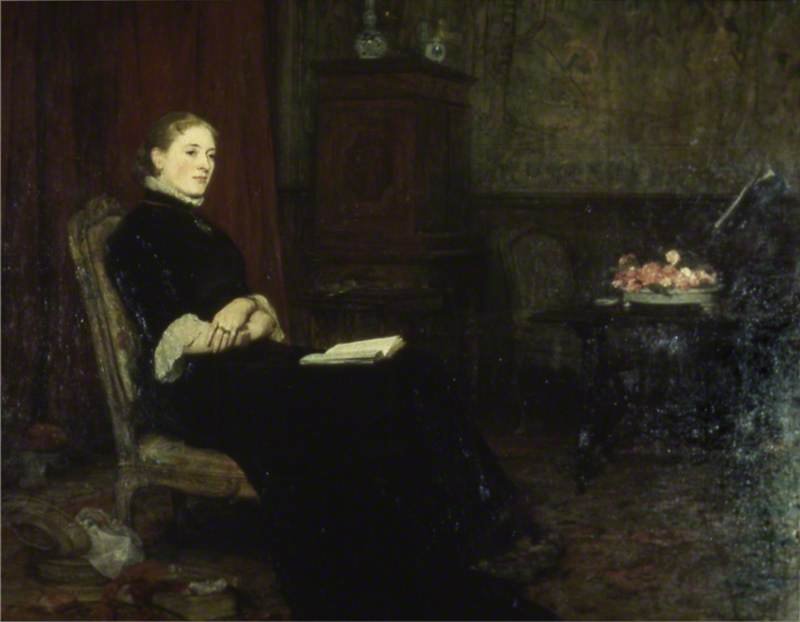Here is another novel by Waddington (see Novel 014), with characterization so good as to make up for a lovers’-misunderstanding / stolen-inheritance plot of greater-than-average idiocy. At one point, for example, a character shoots himself—and misses!
“A number of the characters . . . are sketched with great ability and truthfulness, and the story altogether reads well. If there is no great profundity or consistency in the plot, there is abundant variety in the characters, and vivacity in the dialogues.” Caledonian Mercury, March 19, 1842
“Time was, when a book containing such shrewd insights into human character, and so many kindly sympathies . . . would have made a sensation.” Athenaeum, March 26, 1842
“Miss Waddington’s characters are for the most part drawn with great ability. . . .—they are distinct portraits, and . . ., supposing them to be placed in the position she gives them, they perform their parts with spirit and truthfulness. . . . Many incongruities, and much of that tiresome twaddle meant for dialogue, which ladies who write are so fond of filling their books with, disfigure the ensemble of ‘Newstoke Priors;’ but, notwithstanding these defects . . . it is a novel in parts powerfully written, and on the whole as full of interest as any of its contemporaries.” Morning Post, May 3, 1842
A contrasting view:
“There is enough good stuff in this novel to have formed one interesting volume, but from being diluted into three it is absolutely attenuated into inanity.” The Era, March 13, 1842
Download this week’s novel:
https://solo.bodleian.ox.ac.uk/permalink/f/89vilt/oxfaleph013983897




















